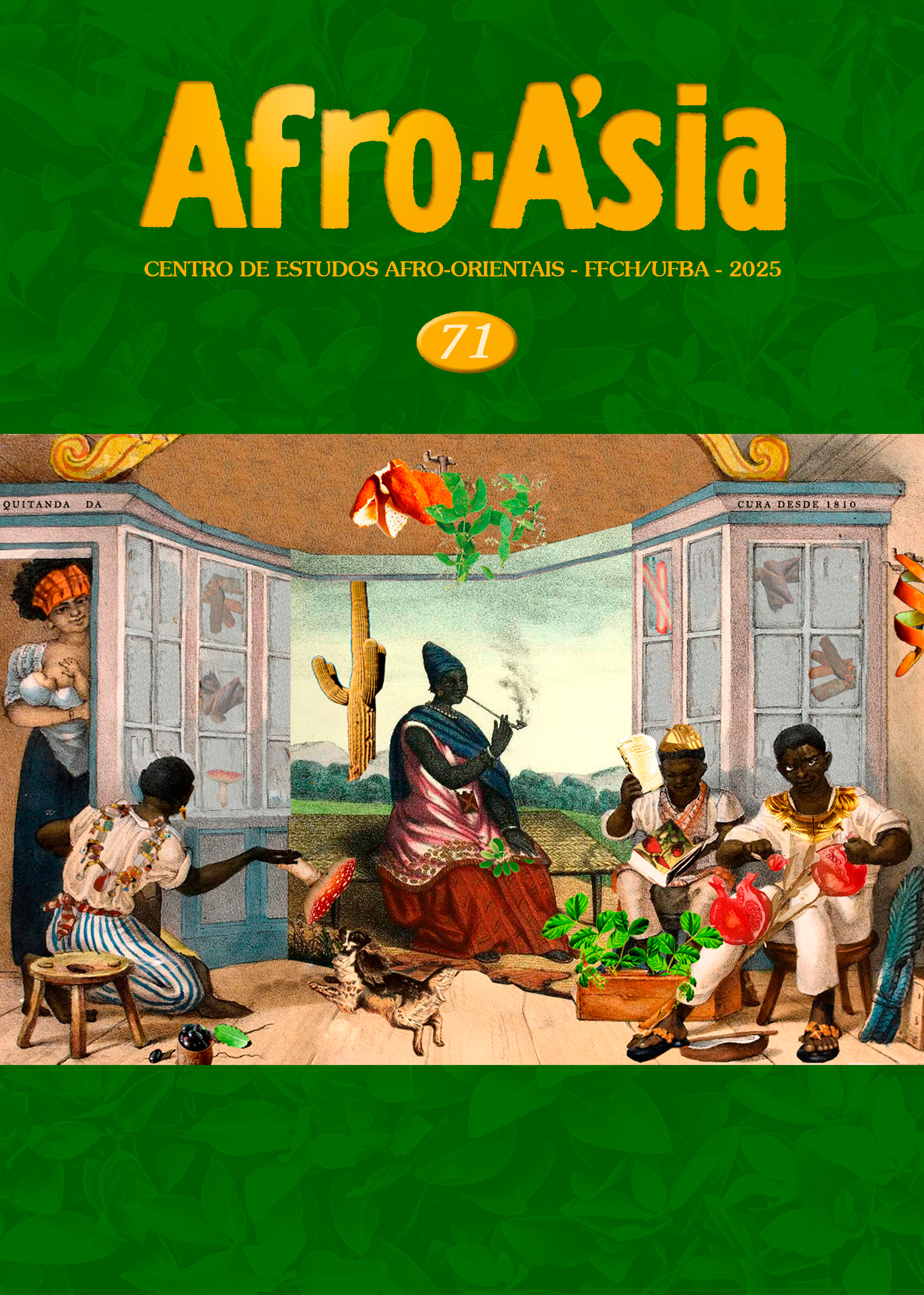In Search of the Mbangala
Revisiting Colonial Sources and Historiography in the Seventeenth Century and Beyond
DOI:
https://doi.org/10.9771/aa.v0i71.60706Keywords:
Imbangala, Jaga, Kinguri, Kasanje, LundaAbstract
This article discusses the composition of Mbangala warrior bands who inhabited West Central Africa between the 17th and 18th centuries, distinguishing them from other groups of nomadic warriors, such as the Jagas, who invaded Kongo in the 16th century. The article seeks to problematize the various uses of the term “Jaga” by Luso-Africans and its adoption by Mbangala leaders as a military and nobility title. Finally, the paper analyzes oral traditions about the “exodus of Kinguri” and its downfall as a historical narrative about the “imbangalas of Kasanje”, seeking to differentiate them from other Mbangala groups of scattered throughout the interior of West Central Africa. The fall of the “exodus of Kinguri” left a significant gap in the historiography and compromised the previously established chronology for important political units in Central Africa. This episode serves as a warning to Africanist historians about the risks of validating oral traditions as historical events without a deep understanding of their genesis.
Downloads
Downloads
Published
How to Cite
Issue
Section
License
Copyright (c) 2025 Estevam Costa Thompson

This work is licensed under a Creative Commons Attribution 4.0 International License.
You are entitled to freely share, adapt and use the work herein published for any legitimate purpose as long as authorship and the original source are acknowledged.




